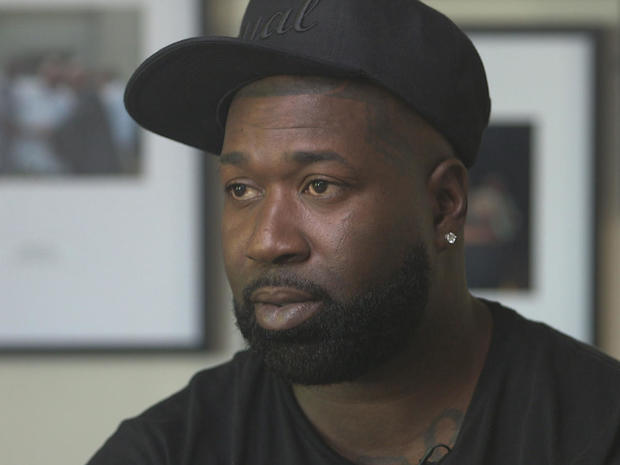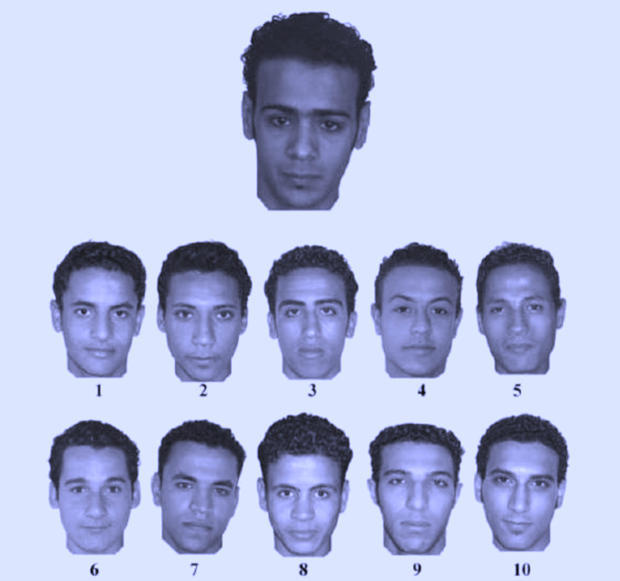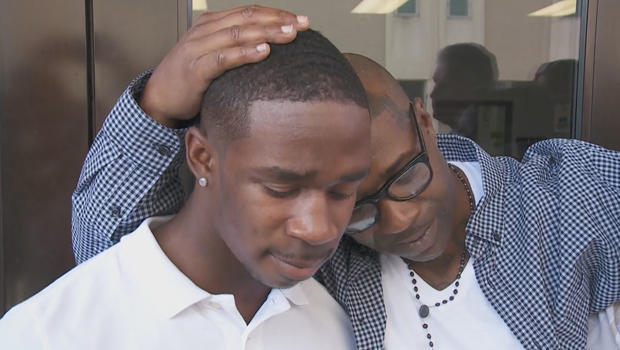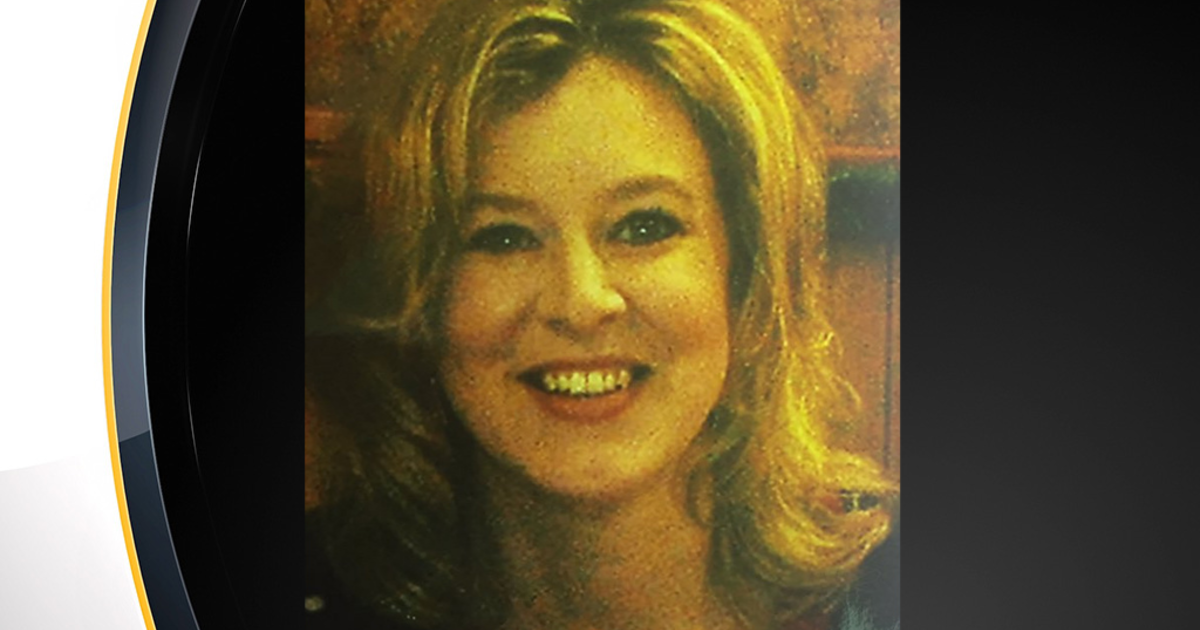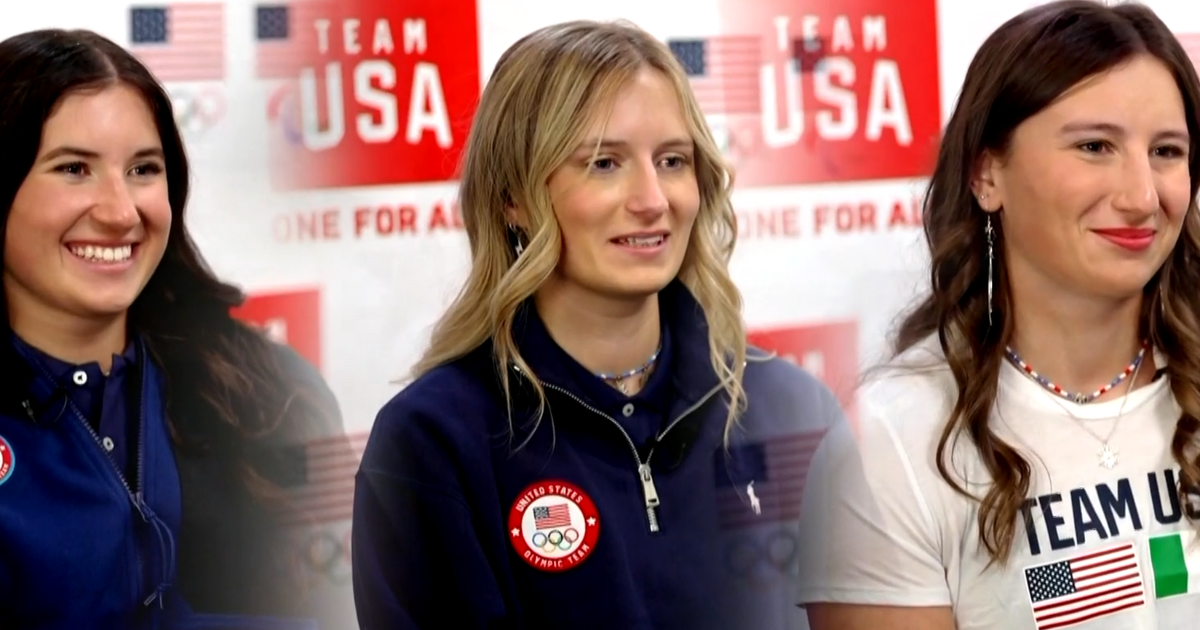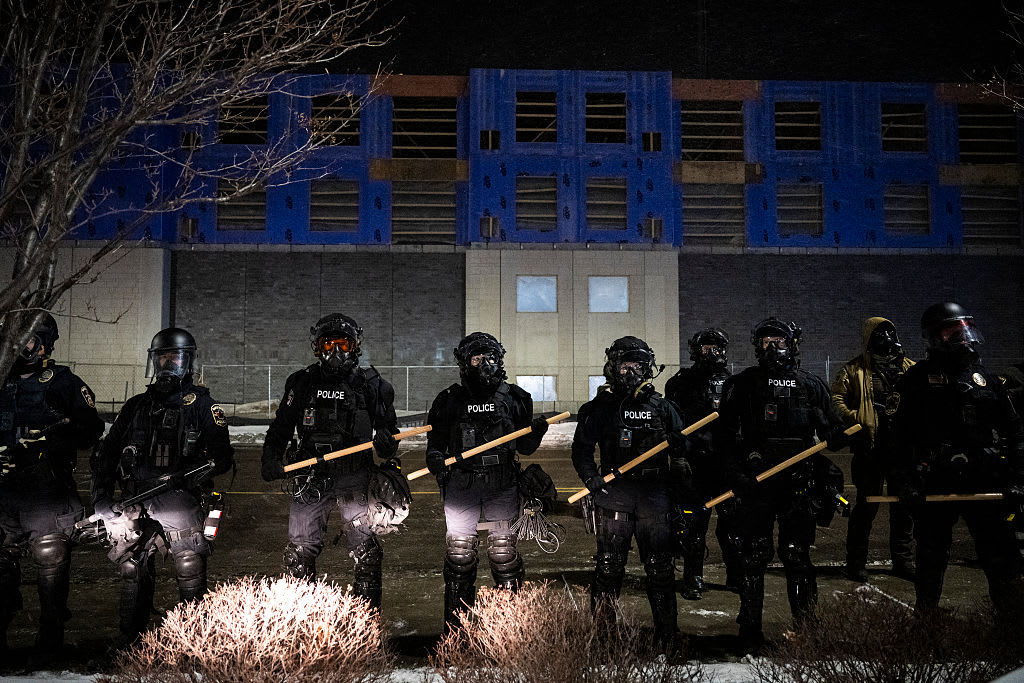How faulty eyewitness testimony can lead to wrongful convictions
As part of our series of original reporting called "In Focus," "CBS This Morning" looks at how eyewitness testimony, once considered the gold standard of evidence, results in many wrongful convictions.
"I could never imagine going home. I thought I was going to die up there," said Royal Clark Jr. He was 24 years old when he was charged, and later convicted, of an armed robbery at a Burger King in November, 2001 in Terrytown, Louisiana.
The assailant used a cup and left fingerprints, but the prints were determined to be unusable.
Three Burger King employees picked Clark from a photo lineup, but by trial, only one of them, a nineteen year old, was sure.
"What does that feel like when you know you weren't there, and this witness is saying 'It looks like him'?" asked correspondent Erin Moriarty.
"Like, everything shut down at that moment. Everything got quiet," Clark replied.
The witness, who was the same race as the robber and got a good look at him, convinced the jurors. Clark was convicted and sentenced to 49-and-a-half years. When he heard the sentence, Clark said, "I wanted to pass out. At the same time, I wanted to lash out."
Clark's appeals were denied, and his newborn son grew up without him. "Taking care of him, from the diapers to the clothes to the books, you know, educating him, reading to him, explaining to him life … I missed all of that," he said.
And then in 2018, Innocence Project New Orleans took his case. Attorney Kia Hayes hoped for DNA testing of that cup, but investigators never collected it. There were only those unusable fingerprints.
"We thought, 'Wait a minute, you know, maybe we can reanalyze the prints, and see if we can find the actual perpetrator," said Hayes.
District Attorney Paul Connick's office had convicted Royal Clark, but he agreed to have the sheriff's department crime lab re-analyze the prints. "My reaction is 'do it.' I wanted to know," Connick said.
Hayes said there was a match of the prints to somebody else entirely, who had a history of committing armed robberies in the same area: 54-year-old Jessie Perry, currently in prison for several other armed robberies.
Moriarty asked Connick, "What if there hadn't been a hit? In fact, Royal Clark would still be innocent, but he'd still be in prison."
"He'd still be in jail. That is the tragedy. That is the nightmare," he said.
So, how did the eyewitness who identified Royal Clark get it so wrong? "Unfortunately, it happens all the time," said Nancy Franklin, a psychology professor at Stony Brook University who specializes in memory.
Of those who have been exonerated by DNA evidence, nearly three-quarters of them were convicted in the first place because of faulty eyewitness testimony.
Franklin says memory can be altered by time. What's more, the two men in mugshots have similar features.
"That is a phenomenon called mugshot exposure," Franklin said, in which a witness is actually remembering a mugshot they've seen and not necessarily the person who committed the crime.
Just how difficult is it to correctly identify a stranger's face? Take a look at this man – now, choose him from a lineup of 10 faces:
Moriarty was asked, and she picked Number 3. Actually, the stranger is not anywhere in the lineup.
On June 27, one day after his 42nd birthday, Clark walked out of prison, his now-17-year-old son at his side.
Earlier this year, the Louisiana legislature passed a law to try to prevent these kinds of cases. For the first time, memory experts will be allowed to testify at trial, to educate jurors about the risks of this kind of eyewitness evidence.
